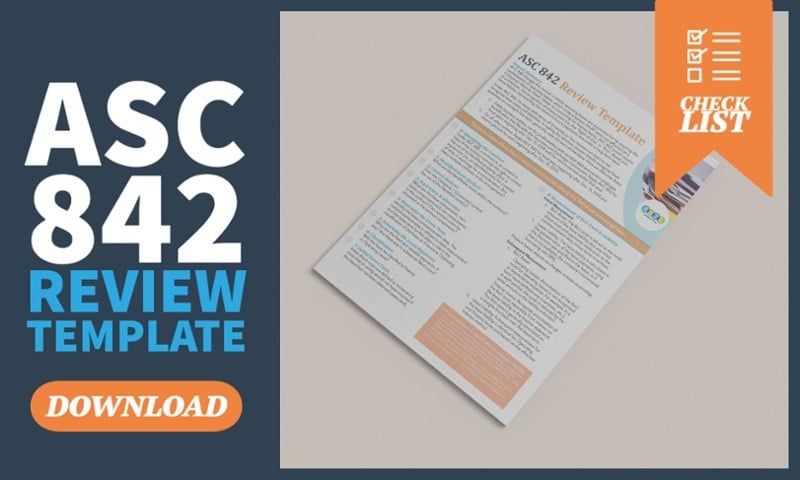
During its July meetings, the Financial Accounting Standards Board voted unanimously to propose delaying the effective date of some of its major accounting standards, including ASC 842 for privately held companies, nonprofits, and small reporting companies.
The delay of ASC 842 provides an extra year to adopt in these organizations – adopting for annual fiscal reporting periods starting after December 15, 2020, after December 15, 2020, (or calendar years and quarters beginning January 2021) instead of December 15, 2019. In addition, the one-year delay would also apply to the deadline to adopt new guidance for ASC 326, Current Expected Credit Losses, and ASC 815, Derivatives and Hedging.
A Summary of the Discussion
In their discussion regarding delaying ASC 842 implementation of new standards for privately held companies, nonprofits and small reporting companies, the FASB board members stated:
- Private companies have limited resources to implement the new standard, with most accounting teams already stretched thin, still working to operationalize revenue recognition changes and looking forward to implementing other new guidance.
- The timing and source of education for smaller entities is limited, with many online courses behind in guidance and in-person courses too high level. The best sources of information are interpretive guides from accounting firms and firms with implementation experience.
- More time would allow more clarity to smaller entities, which would be able to use public company implementation as a guide. A greater delay will help by:
- Allowing public companies to address pitfalls of implementation and smaller companies to utilize public company experience and disclosure as a roadmap to implementation.
- Giving time for the development of lease IT and systems to be more robust and mature.
A Welcomed Delay of ASC 842 (and the Inevitable)
Based on discussions and conclusions during the meeting, this may be the beginning of a welcomed new trend for the FASB to allow a two-year delay between public company and privately held company implementation of significant new standards.
Having an extra year delay of ASC 842 and other standards only delays the inevitable need to analyze leases, make accounting decisions and develop systems to account for leases in the future. Analyzing lease terms to determine lease classification and identify lease costs is time consuming and requires understanding of the guidance and lease contracts, which many private companies don’t maintain inhouse or their executives are already spread too thin. Implementations are especially tricky with international subsidiaries and leases in which the subsidiary may have to report both under ASC 842 and IFRS 16. Oversight of international subsidiaries is hampered by contracts in foreign languages and regional accounting teams are far less prepared to implement the new guidance.
Learn more about the process of reviewing leases in our ASC 842 lease accounting review template.
Bottom-line, additional oversight and review of domestic and foreign subsidiary implementation is a necessity and will stretch local resources even thinner. With so much change, does it make sense to bring in a seasoned accountant/consultant to relieve the team from the implementation burden and help operationalize the process and controls needed to account for leases in the future?
Determining whether it is more cost effective and appropriate to implement a new lease system or attempt to use spreadsheets is critical. Though system implementations require significant up-front investment of resources and time, the future time savings realized when analyzing and accounting for new leases as well as the automation of monthly journal entries and year-end disclosures may significantly outweigh the up-front investment. When considering systems for implementation, the following should be considered:
- Any new system should have a test environment to test access rights, lease input and modifications, accounting entries and JE processing before moving to a live environment. When going live with a system, allow for time to work through additional complications and issues once live.
- If you find your company is behind in implementing and wants a clearer ASC 842 project plan, 8020 has experienced financial consultants to analyze contracts, develop policies and procedures, determine the best leasing system for your company and help implement new systems.
Learn More
8020 Consulting provides clients a wide range of technical accounting services. To learn more, you can visit our financial reporting & accounting services page or reach us directly through our contact page.
If you’re interested in more insights into the process of reviewing leases, then consider downloading our new resource. It offers a straightforward process for reviewing new and existing leases. You can also subscribe to Insights to receive email notifications when we post new content.

About the Author
Neil has 24 years of accounting and audit experience in multiple industries, including pharmaceuticals and biotech, manufacturing, retail, healthcare, software, fashion, service industries, governments, casinos and non-profits. Prior to joining 8020 Consulting, he served as a Director at McGladrey in Connecticut and Los Angeles specializing in private equity-owned entities with significant mergers and acquisitions and other technical accounting issues. Additionally, Neil was a controller for a growing healthcare entity in Los Angeles, where he managed financial reporting and accounting, budgeting, internal controls and certain HR functions. Neil is an alumnus of KPMG in Los Angeles, where he was on engagements spanning healthcare, manufacturing, and government entities. Neil holds a Bachelor of Science in Accounting from the University of Southern California.



